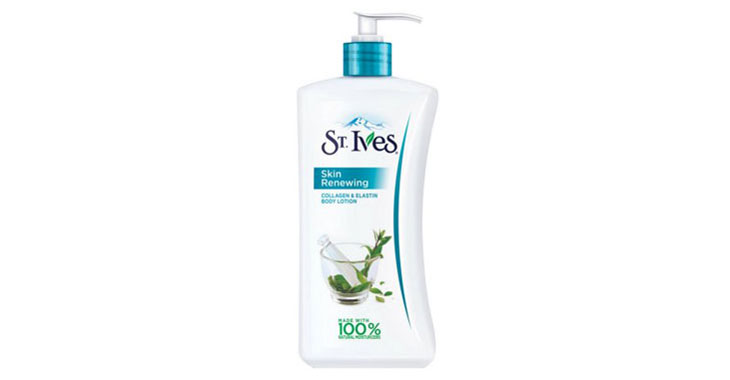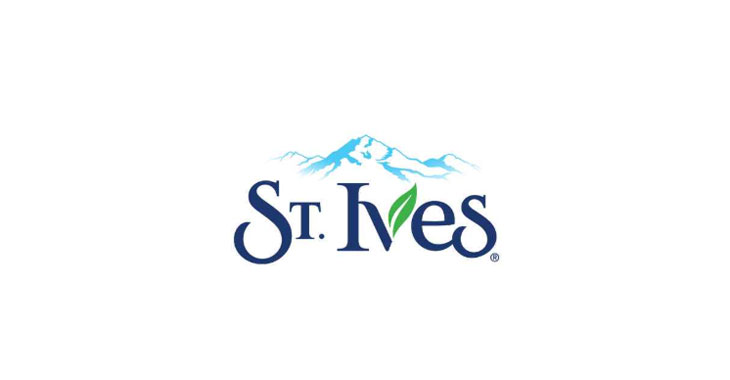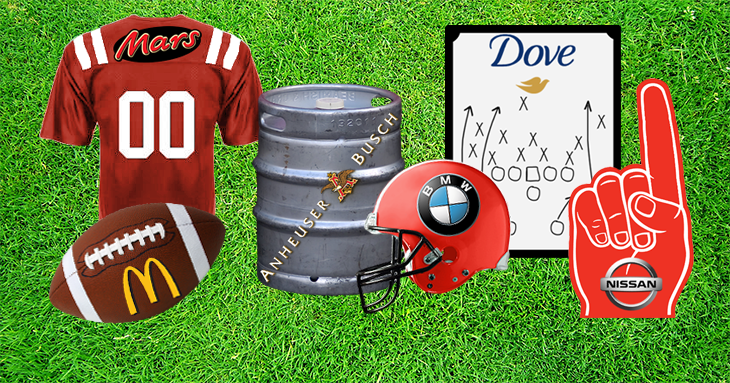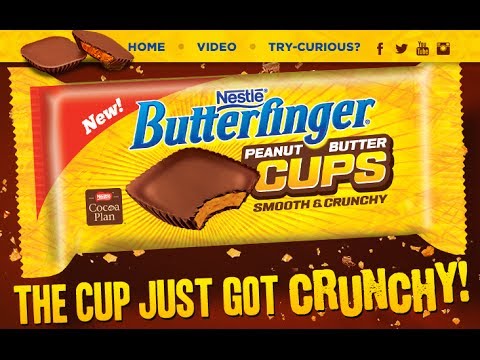
St. Ives Apricot Scrub
December 2018: A federal judge granted the company’s motion for summary judgment finding that claims regarding the company’s failure to disclose information about the facial scrub failed because plaintiffs did not show that the product was a safety hazard or defective and did not have proof that the scrub caused the alleged harm. The judge also concluded that plaintiffs failed to allege that the “Dermatologist Tested” claims were misleading because the phrase does not represent that the product is recommended or approved by Dermatologists.
December 2016: A false advertising class-action lawsuit was filed against Unilever. The complaint alleges that the company misleadingly markets St. Ives Apricot Scrub as a facial scrub that “deeply exfoliates to reveal smooth skin,” has been “dermatologist tested,” and is “non-comedogenic” (i.e., the product does not cause blackheads) when, according to the plaintiffs, the scrub causes skin damage, is not recommended by dermatologists, and contains highly comedogenic ingredients (ones that cause blackheads by blocking the skin’s pores). (Browning et al v. Unilever United States, Inc., Case No. 16-cv-2210, C. D. CA.)
Class-Action Tracker


St. Ives Lotions and Body Washes
The Latest

Six Super Bowl Advertisers Offsides on the Truth
TINA.org’s Big Game scorecard on companies under fire for deceptive ads.

Unilever Ends Mayogate by Dropping Lawsuit
In the end, the company that makes its mayonnaise with eggs was left with the ingredient on its face.

You Call That Natural?
Check to see if any of your fav foods made the list.

Does the Executive Suite Match the Empowerment Message in the Ad?
Here’s what the Super Bowl’s #likeagirl ad really means.

Which Super Bowl Advertisers Have Run Afoul of Ad Laws?
A majority have faced false-ad challenges within past five years.